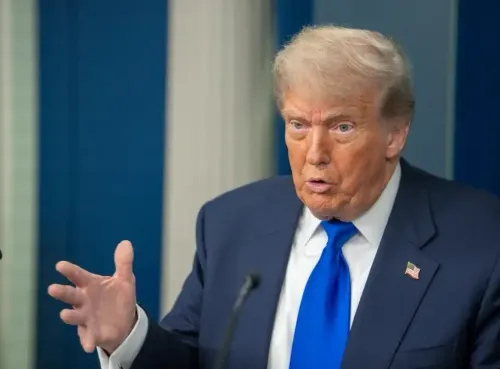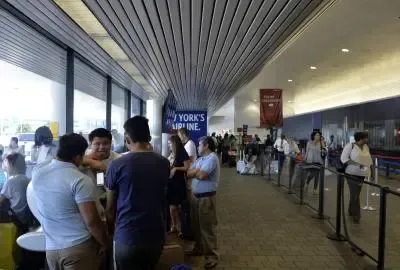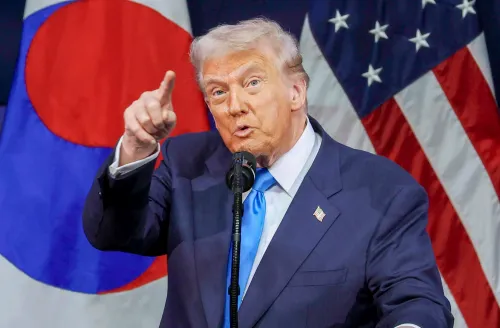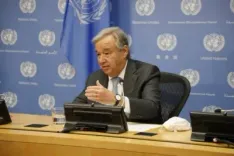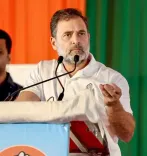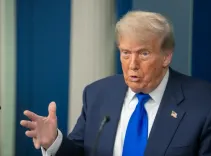Scholz: Europe Must Uphold Support for Ukraine, Reject Imposed Peace
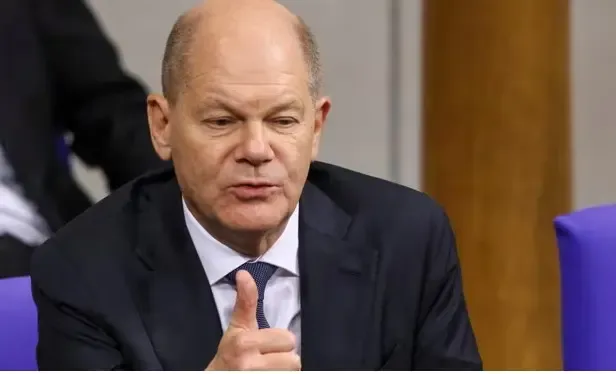
Synopsis
Key Takeaways
- Europe must continue to support Ukraine.
- No peace dictated terms can be accepted by Ukraine.
- Unity between Europe and the US is essential for security.
- Ground troop discussions are considered premature.
- European nations are ready to invest in defense.
Paris, Feb 18 (NationPress) German Chancellor Olaf Scholz asserted that Europe must persist in its support for Ukraine, stating that no peace of dictate can be enforced upon the nation.
Scholz remarked, "Ukraine should have confidence in us. It is evident that we must continue to support Ukraine," during a press conference following an urgent meeting led by French President Emmanuel Macron on the eve of the upcoming Russian-US negotiations scheduled for Tuesday in Riyadh.
He further stated, "No peace of dictate can be imposed on Ukraine... Ukraine cannot accept everything that is presented to it under any conditions."
The German Chancellor called for Europe and the United States to collaborate for mutual security, emphasizing, "There must be no division of security and responsibility between Europe and the US." He noted, "NATO is founded on the principle that we always act in unison and share the risks... This principle must remain unchallenged."
When asked about the potential deployment of European ground troops to Ukraine under a peacekeeping mission, Scholz deemed such conversations as "totally premature." Nonetheless, he noted that European nations are committed to investing "at least two percent" of their gross domestic product into enhancing Europe's defence.
"If European countries increase their spending, Germany will ensure that this expenditure does not impact the calculations of European budget deficits," he added.
Monday's assembly gathered leaders from the NATO alliance and the European Commission, alongside representatives from various European nations including France, Germany, Britain, Poland, Spain, Italy, Denmark, and the Netherlands.
The meeting's goal was to orchestrate a unified European response in anticipation of the Russian-US talks. Neither Brussels nor Kiev was invited to participate in the negotiations.


